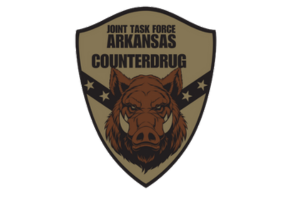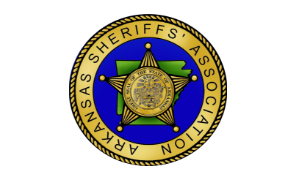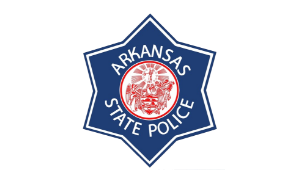New Grant Program Expands Availability and Usage of Naloxone to Reduce Overdose Deaths in the State
Through a grant provided by the Blue & You Foundation for a Healthier Arkansas, efforts are underway at the Criminal Justice Institute (CJI) to expand the availability and usage of naloxone by providing kits containing this lifesaving drug to 1,300 Arkansas officers and deputies across the State.
A ceremonial check presentation and an initial “train-the trainer” program will be held on Thursday, March 8, 2018, from 10:00 a.m. to 2:00 p.m. at the Criminal Justice Institute, located at 26 Corporate Hill Drive in Little Rock.
At 10:00 a.m., Curtis Barnett, President and CEO of Arkansas Blue Cross and Blue Shield, and Patrick O’Sullivan, Executive Director of the Blue & You Foundation for a Healthier Arkansas, will be on hand to present a ceremonial check to the Criminal Justice Institute. Representatives from the University of Arkansas System and the Office of the State Drug Director will also be in attendance.
Immediately following the check presentation, CJI is providing a naloxone administration “train-the-trainer” program to law enforcement officers and deputies representing 16 agencies across the State. These law enforcement instructors will then return to their agencies and train their officers and deputies to carry and administer naloxone.
On average, 115 Americans die every day from an opioid overdose.1 Deaths from opioid overdose—drugs like oxycodone, hydrocodone, heroin, and fentanyl—have more than quadrupled since 1999.2 All but nine of 75 counties in Arkansas have overall opioid prescribing rates higher than the national average of 66.5 prescriptions per 100 people in 2016. With its annual state opioid prescription rate of 114.6 per 100 people,3 Arkansas was second only to Alabama. Naloxone (Narcan) is a medication that can be used to block the effects of opioids, especially in overdose, and has been effectively used to prevent deaths due to overdose. Currently, 60 lives have been saved in Arkansas with the administration of naloxone.
Agencies included in this grant are: Conway Police Department, Fayetteville Police Department, Jonesboro Police Department, North Little Rock Police Department, Springdale Police Department, Texarkana Police Department, Bella Vista Police Department, Hope Police Department, Johnson County Sheriff’s Office, Lonoke County Sheriff’s Office, Mississippi County Sheriff’s Office, Paragould Police Department, Pope County Sheriff’s Office, Trumann Police Department, the University of Arkansas at Fayetteville, and the University of Arkansas at Little Rock. The current funding will expand the number of officers and deputies capable of saving a life with Naloxone.
Upon completion of the training, officers will receive naloxone kits for their agencies. Each kit consists of two doses of Naloxone, nitrile gloves, a CPR face shield, hand sanitizer and a carrier.
1. Rudd RA, Seth P, David F, Scholl L. Increases in Drug and Opioid-Involved Overdose Deaths — United States, 2010–2015. MMWR Morb Mortal Wkly Rep. ePub: 16 December 2016. DOI: http://dx.doi.org/10.15585/mmwr.mm655051e1
2. Wide-ranging online data for epidemiologic research (WONDER). Atlanta, GA: CDC, National Center for Health Statistics; 2016. Available at http://wonder.cdc.gov
3. Centers for Disease Control and Prevention: U.S. State Prescribing Rates, 2016. Available at
https://www.cdc.gov/drugoverdose/maps/rxstate2016.html





